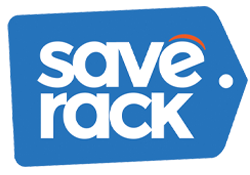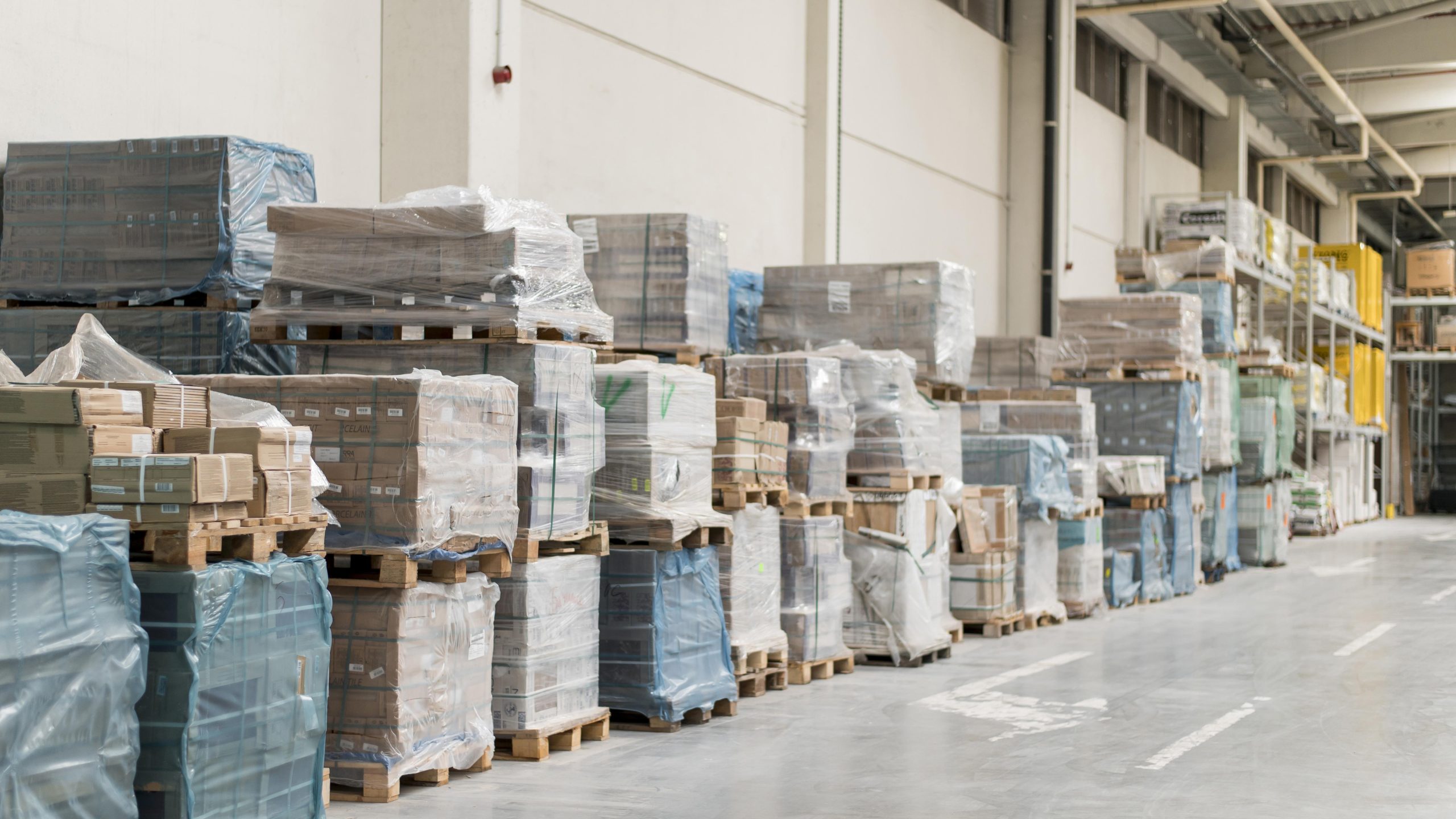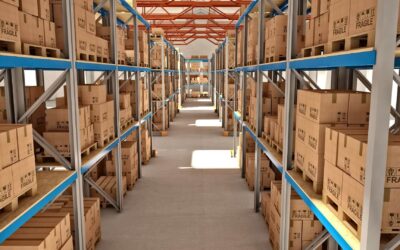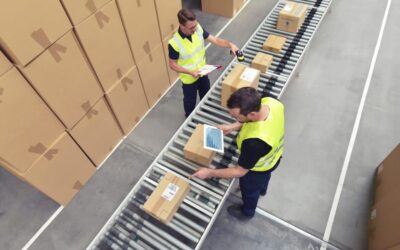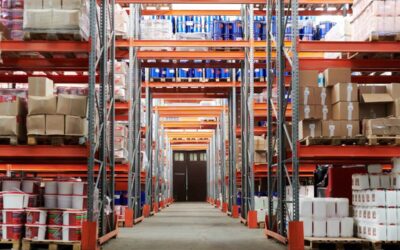Pallets are flat platforms used to transport and store goods in the logistics industry. They are a vital tool for the efficient movement of goods across the supply chain. Pallets come in various sizes, types, and materials such as wood, plastic, or metal. The most common types of pallets are two-way pallets and four-way pallets. Two-way pallets have two entry points, while four-way pallets have four entry points. Pallets are essential for improving supply chain efficiency, reducing shipping costs, and minimizing the risk of damage to products during transit.
Save Rack is a leading supplier of industrial storage and material handling solutions. The company offers a range of pallet racking systems and other material handling solutions to meet the unique needs of businesses. Save Rack provides customized pallet racking systems that are designed to meet the specific needs of businesses. They take into account factors such as the size and weight of products, available space, and budget to provide efficient pallet racking systems. Save Rack’s high-quality pallet racking systems are built to last and are backed up with installation, maintenance, and repair services. In this blog post, we’ll discuss what pallets are, their importance in the logistics industry, and how Save Rack can help your business with pallet racking systems.
A pallet is a flat platform or tray-like structure made of wood, plastic, or metal. They are used to support goods being stored or transported. Pallets are designed to make the movement of goods more efficient and reduce damage during transport. They come in various sizes, types, and materials to meet the specific needs of businesses.
Pallets are essential in the logistics industry because they allow goods to be moved in bulk. They simplify the loading and unloading of goods and reduce the time it takes to move them. Pallets also reduce the amount of space needed to store goods, as they can be stacked on top of one another. This makes pallets a vital tool in reducing shipping costs and improving supply chain efficiency.
Two-way Pallet
Two-way pallets have two entry points and are suitable for storage purposes. They can be easily stacked on top of one another, making them an efficient way to store goods. Two-way pallets are not suitable for transportation purposes, as they can only be moved from two sides.
Four-way Pallets
Four-way pallets have four entry points, making them more versatile than two-way pallets. They can be easily moved from any side, making them suitable for both storage and transportation purposes. Four-way pallets are commonly used in the logistics industry because they provide more flexibility when moving goods.
Wooden Pallets
Wooden pallets are the most common type of pallets used in the logistics industry. They are relatively inexpensive and can be easily repaired. Wooden pallets are also biodegradable and can be recycled, making them an eco-friendly option. However, wooden pallets are not suitable for food-grade applications, as they can harbor bacteria and other contaminants.
Plastic pallets are becoming increasingly popular in the logistics industry because they are lightweight and durable. They are also resistant to moisture and other contaminants, making them a hygienic option for food-grade applications. Plastic pallets are more expensive than wooden pallets, but they are more durable and require less maintenance. They can also be recycled, making them an eco-friendly option.
Metal Pallets
Metal pallets are the most durable type of pallets available. They are strong and can handle heavy loads. Metal pallets are ideal for use in harsh environments, as they are resistant to moisture and other contaminants. However, they are more expensive than wooden and plastic pallets and can be difficult to repair.
Importance of Pallets in the Logistics Industry
Pallets are essential in the logistics industry because they simplify the movement of goods across the supply chain. They make it easier to load and unload goods, reducing the time it takes to move them. Pallets also reduce the amount of space needed to store goods, as they can be stacked on top of one another. This makes them a vital tool in reducing shipping costs and improving supply chain efficiency.
Pallets also help minimize the risk of damage to products during transport. When goods are placed on a pallet, they are less likely to shift or move during transport, reducing the risk of damage. Pallets also provide a stable base for goods, reducing the risk of breakage or spillage.
Pallets are essential in the logistics industry and are used to transport and store goods efficiently. They come in various sizes, types, and materials to meet the specific needs of businesses. Save Rack is a leading supplier of industrial storage and material handling solutions, offering a range of pallet racking systems and other material handling solutions to meet the unique needs of businesses. Save Rack provides customized pallet racking systems that are built to last and are backed up with installation, maintenance, and repair services. They also offer a range of other material handling solutions and eco-friendly pallet racking systems, helping businesses reduce their carbon footprint and contribute to a more sustainable future. By working with Save Rack, businesses can improve supply chain efficiency, reduce shipping costs, and minimize the risk of damage to products during transport.
